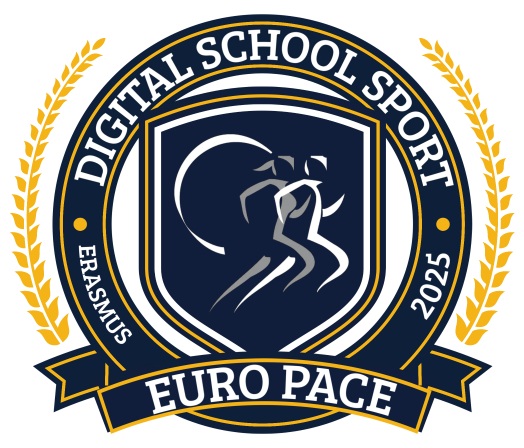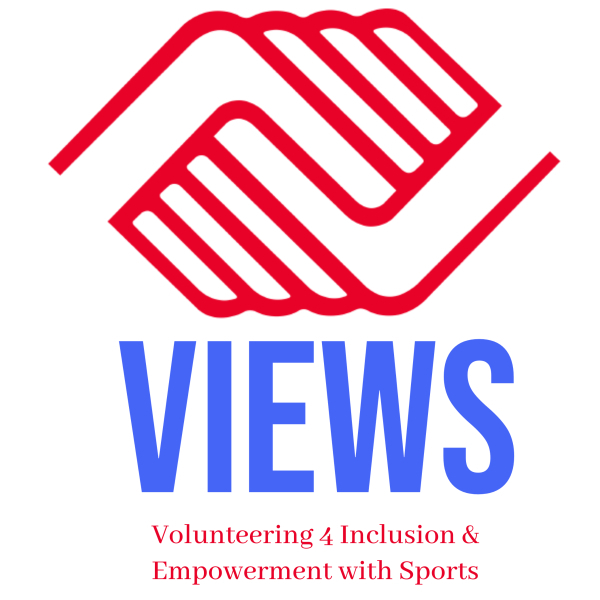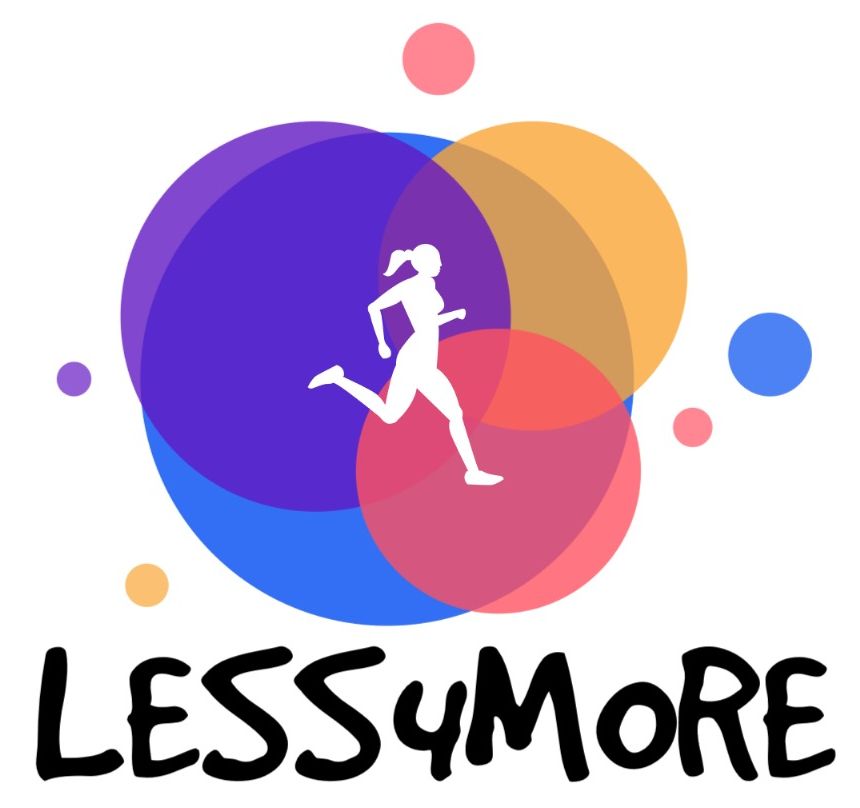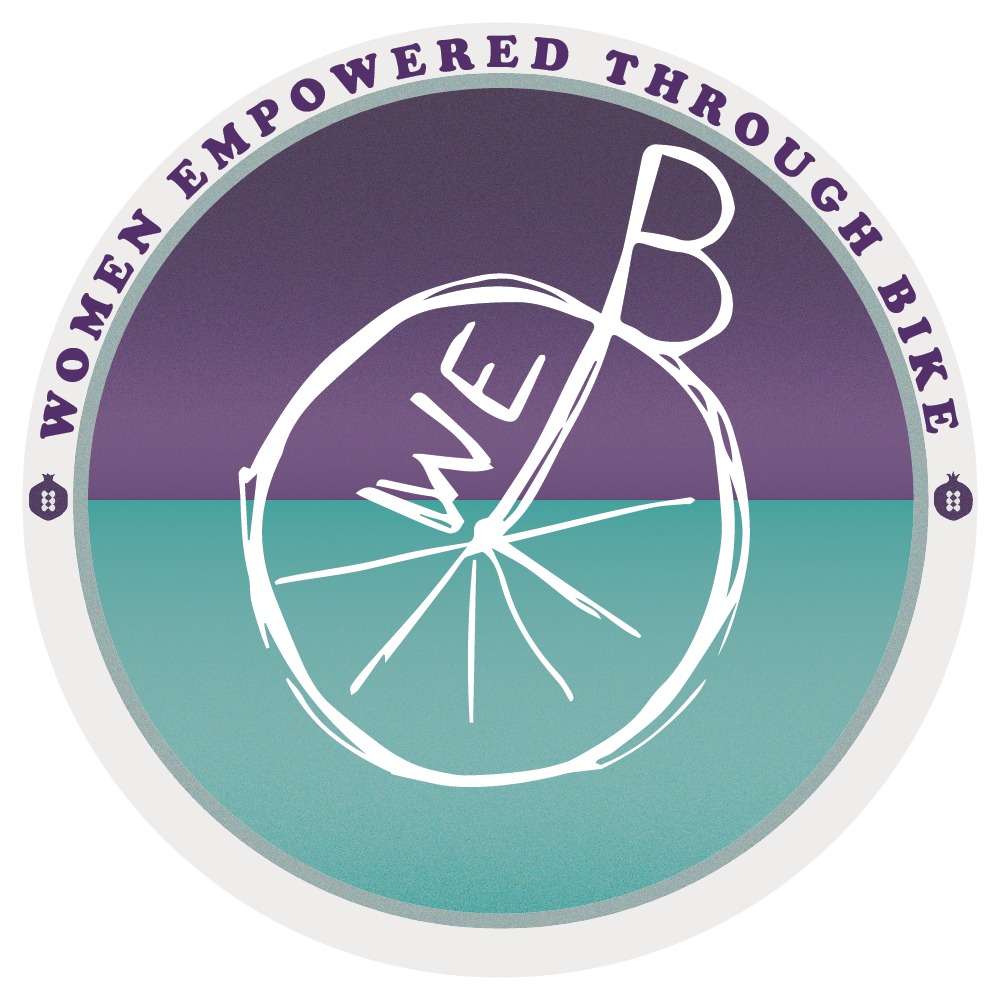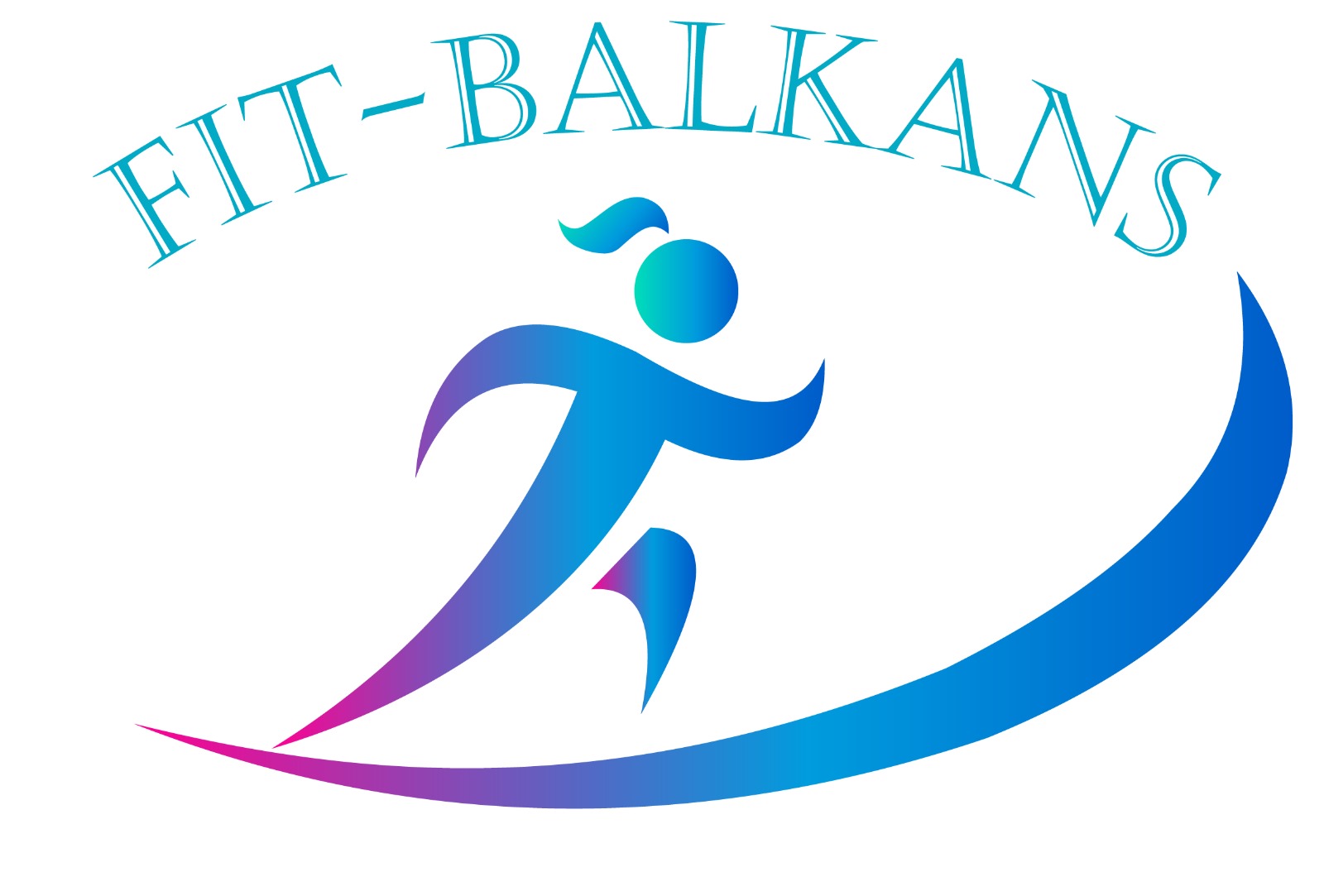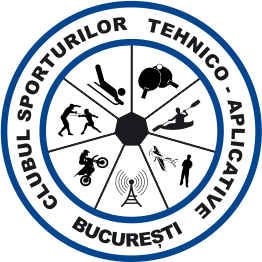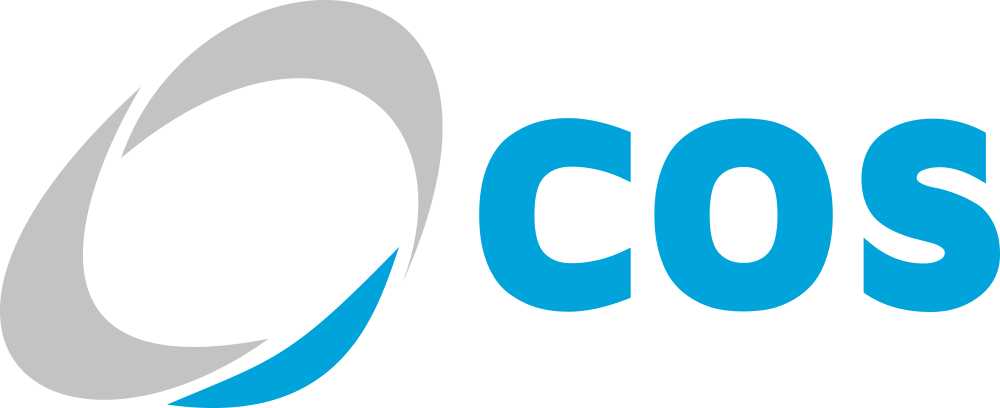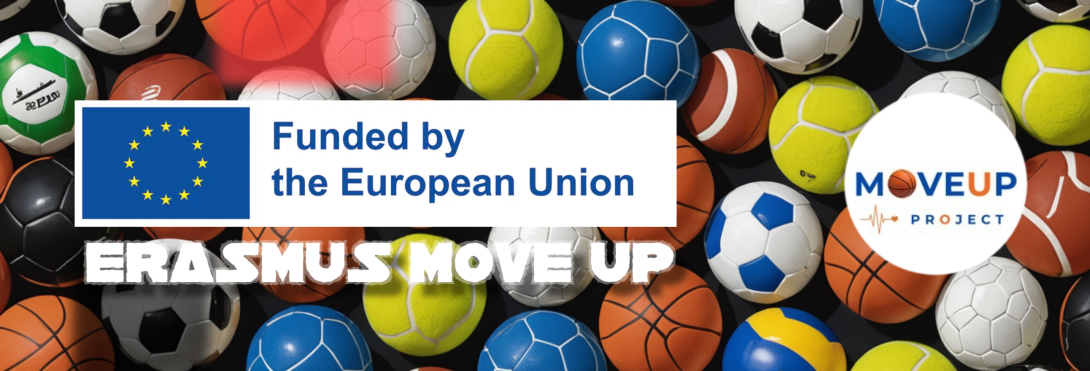
Numerous studies, including those conducted by the European Commission, highlight the positive impact of physical activity on the management and prevention of chronic diseases. Regular exercise has been shown to help control blood sugar levels, lower blood pressure and improve overall cardiovascular health. By incorporating walking soccer, walking basketball, , walking handball and catchball into our project, we can provide fun and accessible ways for people with mild disabilities to enjoy an active lifestyle.
Beyond the physical health benefits, inclusive sports programs contribute significantly to social well-being and community inclusion. The European Social Survey highlights that people with disabilities often face social isolation, which limits their opportunities for social interaction. Walking sports provide a supportive and inclusive environment where participants can build social connections, share experiences and foster a sense of belonging. This is in line with the European Union's commitment to promoting social inclusion and diversity.
Walking soccer, walking basketball, walking handball and catchball have gained popularity for their adaptability to different fitness levels and physical abilities. These sports are easier on the joints and cardiovascular system while still providing an effective workout. The European Union's Sport for All initiative recognizes the importance of providing opportunities for everyone, regardless of ability, to participate in physical activity. Walking aligns perfectly with this initiative by providing a gateway for people with mild disabilities to enjoy the benefits of exercise.
Ensuring the accessibility of sports facilities is critical to the success of our inclusive program. The European Accessibility Act emphasizes the need for inclusive design in public spaces, including sports facilities. By advocating for accessible venues and adapting existing facilities, we can create a welcoming environment for people with mild disabilities to participate in walking football, walking basketball, walking handball and catchball without encountering physical barriers.
"Creating inclusive sports environments requires a commitment to accessible infrastructure, enabling everyone to participate in physical activity and sports." - European Accessibility Act.
The above facts and figures highlight the importance of developing an inclusive sports program for people with mild disabilities, focusing on conditions such as diabetes and hypertension. The prevalence of mild disabilities, coupled with the proven health benefits of physical activity, underscores the need for tailored sports initiatives. Walking football, walking basketball, walking handball and Catchball not only provide effective physical exercise, but also contribute to social inclusion and community building. By aligning our program with EU initiatives and prioritizing accessibility, we can have a positive impact on the lives of people with mild disabilities and promote a healthier and more inclusive society.







